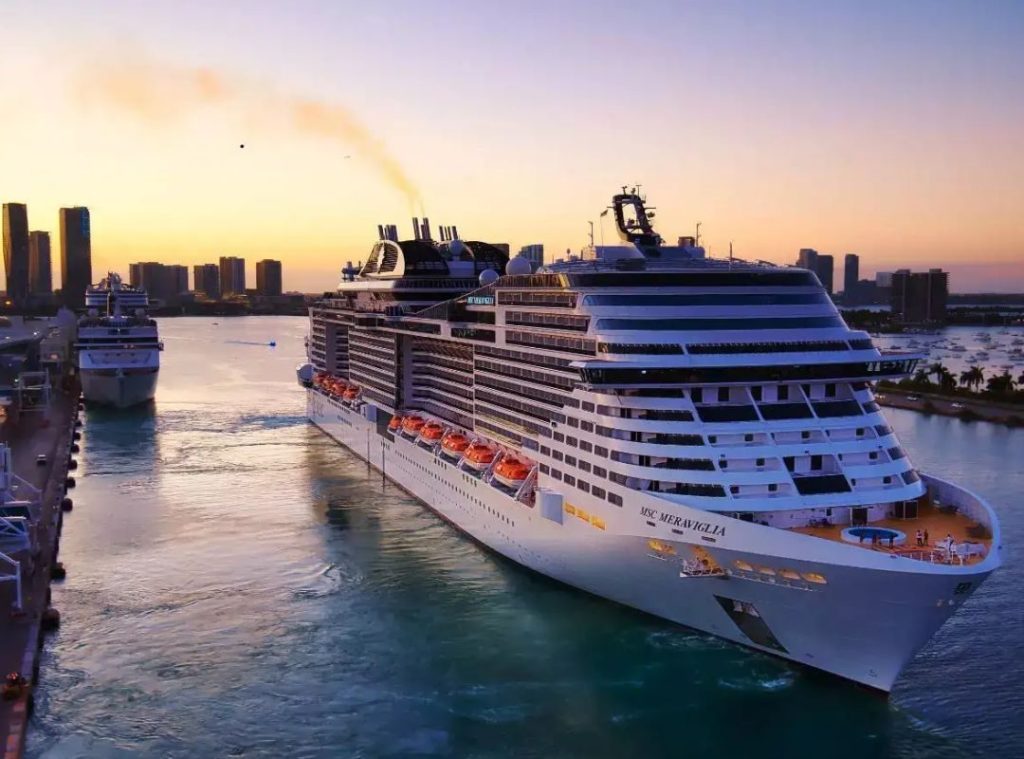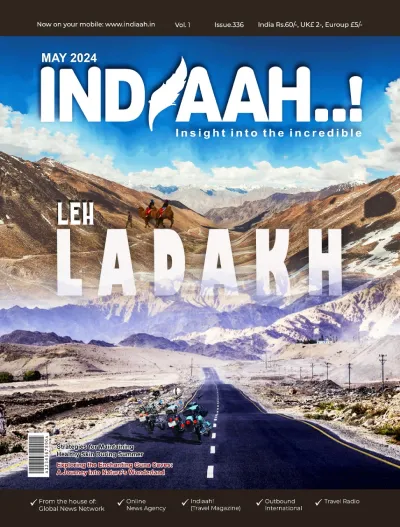
In a significant step towards transforming its tourism landscape, the Saudi Red Sea Authority (SRSA) has unveiled Saudi Arabia’s first comprehensive regulatory framework for cruise ship operations under the Vision 2030 agenda. This landmark initiative is set to position the Red Sea as a world-class cruise tourism corridor, while supporting the Kingdom’s broader goals of economic diversification and sustainable development. The newly introduced framework establishes standards for operational efficiency, passenger safety, environmental protection, and premium service delivery aiming to create an investor-friendly and globally competitive cruise industry.
Passenger safety is a cornerstone of the new regulations, with cruise operators now required to implement emergency response plans, conduct regular safety drills, and maintain continuous crew training programs. Ships must be equipped with essential medical equipment and staffed with trained personnel, ensuring alignment with international safety standards such as SOLAS (Safety of Life at Sea). These measures aim to enhance passenger confidence and ensure safe voyages both at sea and in coastal zones.
To enrich the overall travel experience, the framework mandates cruise operators to offer high-quality transportation, catering, entertainment, and customer care services. Cruise lines must have effective systems for handling itinerary changes, managing passenger complaints, and providing real-time communication during disruptions. Legal support and access to essential amenities must also be guaranteed onboard, ensuring a seamless and secure journey for all guests.
Environmental sustainability is another key focus of the framework. In an effort to preserve the Red Sea’s fragile marine ecosystem, the regulations enforce strict waste management policies and adopt a zero-discharge approach. All cruise operations must comply with international marine conventions, including MARPOL (Marine Pollution) and SOLAS, reflecting Saudi Arabia’s commitment to eco-friendly tourism and the protection of biodiversity and cultural heritage sites.
The regulatory structure also defines clear responsibilities for cruise operators, port authorities, and shipping agents, while simplifying the licensing process to attract more stakeholders. This streamlined approach is designed to remove bureaucratic barriers and encourage strong public-private collaboration. With ongoing investments in luxury destinations and modern port infrastructure along the Red Sea, Saudi Arabia is strategically positioning itself as a leading player in the global cruise market, targeting a significant rise in maritime tourism in the coming years.

